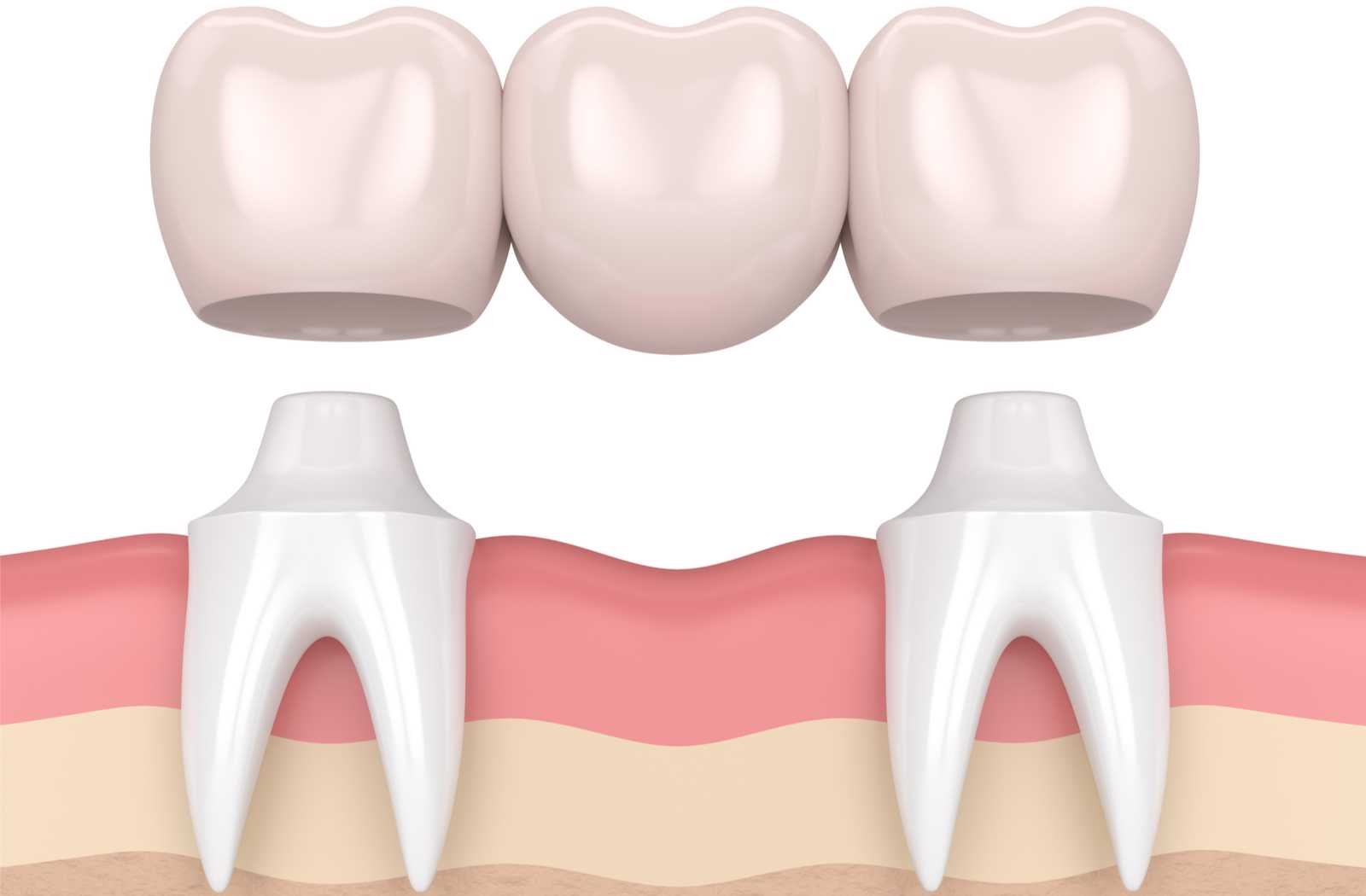The Lifespan of Dental Bridges: Factors That Influence Longevity in Omaha

Dental bridges are a great way to replace lost teeth and improve appearance, function, and oral health. But much like any dental work, a number of factors might affect how long dental bridges last. Omaha residents who want to extend the life of their dental bridges should be aware of these issues as advised by Omaha dental practice and take the necessary precautions to preserve the durability of their restorations.
Prosthetic devices called dental bridges are used to fill the space left by one or more missing teeth. Crowns attached to neighboring natural teeth or dental implants hold one or more prosthetic teeth (pontics) in place. Materials for bridges can include porcelain, ceramic, metal alloys, or a combination of these; the selection of these materials is dependent on characteristics including strength, durability, and aesthetics.
Factors Influencing the Lifespan of Dental Bridges
- Material Quality: The choice of materials used in constructing dental bridges significantly affects their longevity. High-quality materials, such as zirconia or porcelain-fused-to-metal, offer superior strength and durability, minimizing the risk of fracture or wear over time.
- Oral Hygiene Practices: Maintaining the health of teeth and the supporting tissues around dental bridges requires practicing good oral hygiene. The stability of the bridge and the teeth that support it can be jeopardized by decay, gum disease, and plaque buildup, all of which can be avoided with regular brushing, flossing, and dental cleanings.
- Adjacent Tooth Health: The longevity of dental bridges is significantly influenced by the state of the nearby natural teeth or dental implants. The bridge may fail too soon if the supporting teeth or implants have decay, infection, or structural problems that prevent them from supporting the bridge adequately.
- Bite Force and Habits: Excessive bite force, teeth grinding (bruxism), or habits such as chewing on hard objects can place undue stress on dental bridges, causing them to wear down, fracture, or become dislodged. Using a custom-fitted mouthguard can help protect bridges and minimize the impact of bruxism.
Dental bridges are useful treatments for replacing lost teeth and enhancing the appearance and functionality of the mouth. Omaha citizens can extend the life of their dental restorations by being aware of the variables that affect dental bridge longevity and by adopting preventative actions to preserve oral health.
Dental bridges can last a long time if regular dental checkups, good oral hygiene habits, and lifestyle changes are made, providing comfort, functionality, and self-assurance in one’s smile. See your Omaha dentist for specific advice and direction if you’re worried about the state of your dental bridge or would like to know more about preserving the best possible oral health.







